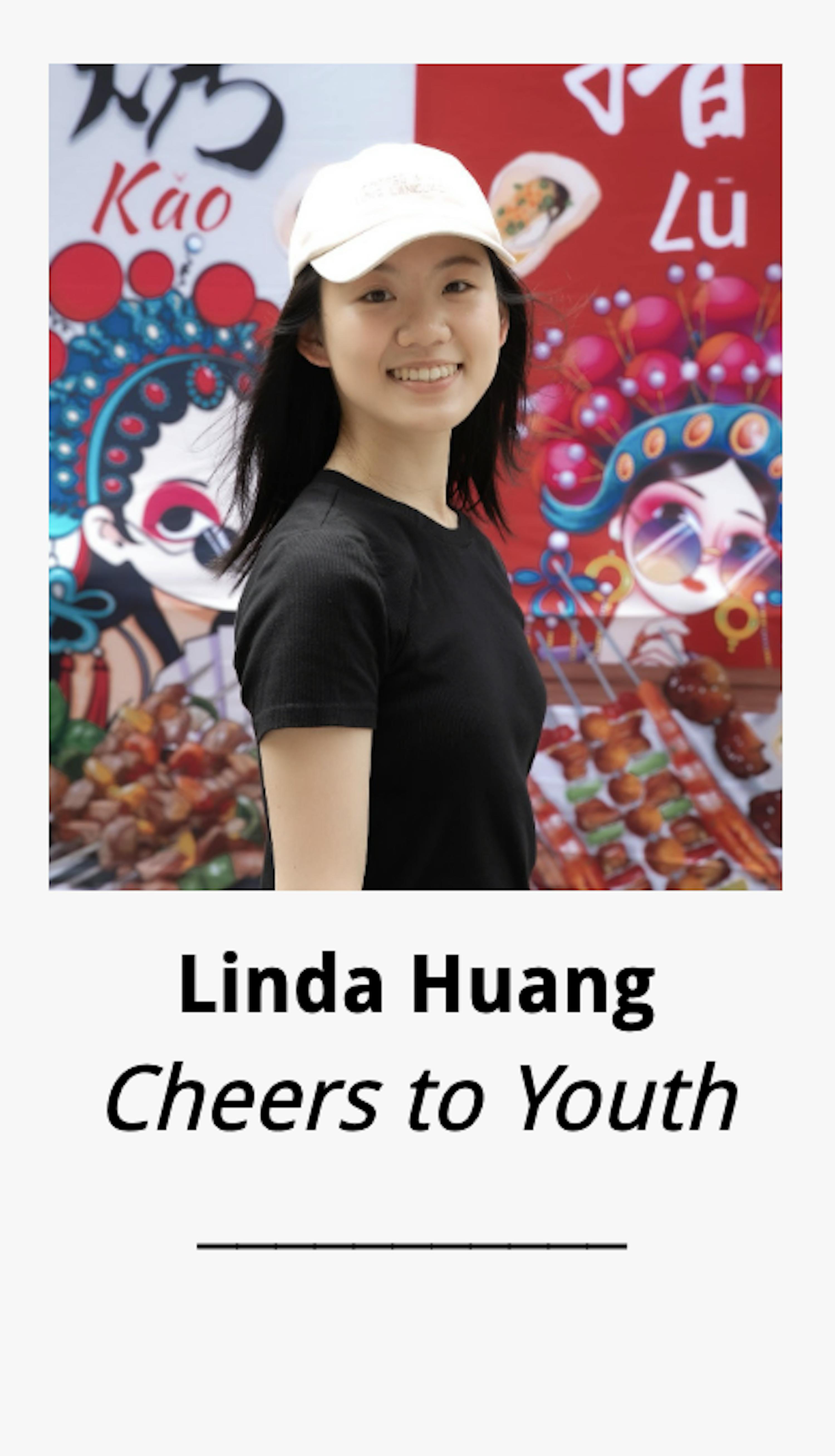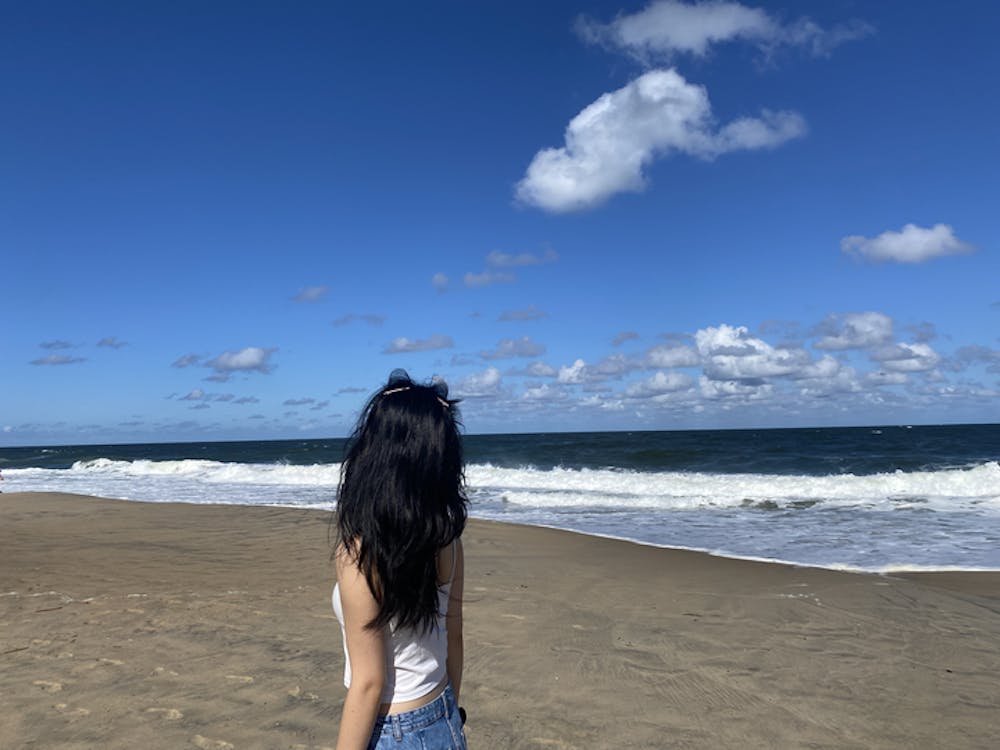
You always got somеthing you wanna prove
And I’ve got nothing left to lose
— Keshi, War
Have you ever had a conversation with someone about a controversial issue where you want to be right and try so hard to prove that? Have you ever felt hurt because someone you care about is dismissive of your point of view, leaving you exhausted from explaining yourself over and over again?
I sat down in Glass Pav at 9 a.m., already dreading the five-hour “Constructive Dialogue” session that First-Year Mentors had to sit through. What can possibly take five hours to get the point across? With no expectations for this session, I decided I’d just survive it minute by minute until it ended.
But when the presenters started talking about the increasing polarization that’s seen in our society today, it caught my attention. There is too little compassion that we extend to others. There isn’t enough understanding in the judgments we make about people within seconds of meeting them, based on the way they dress, the way they talk or even just their role in an organization. There isn’t enough empathy on social media, where someone gets canceled, brought back, then canceled again. There isn’t any compassion, either, in the constant need to compare ourselves with others — what we eat, what we wear, what quirks we have. Conversations become competitions: who’s correct, who gets the last word, who leaves feeling proud and who leaves feeling silenced.
There are too many conversations that start with hostility and the need to reach a consensus. But why do we have to give up our beliefs or push our beliefs onto others? Why does there have to be a right or wrong? Is there a way we can have conversations with people where it starts with a place of understanding and listening, rather than rushing to prove a point?
I won’t pretend I’m innocent in this culture. Sometimes it’s over something as embarrassingly trivial as food. Not long ago, I got into a heated back-and-forth with a friend about which restaurant was better. I visit one of them so often that I practically considered myself an expert in its cuisine. The urge to prove it was overwhelming. I was ready to whip out my phone and scroll through Yelp reviews just to cement my point. Looking back, I laugh at how ridiculous it was. But in the moment, all I cared about was being right. Getting my point across. Winning. And for what? My friend would’ve just felt unheard, and our lighthearted hangout would’ve turned sour.
But being understanding shifts the focus from ourselves to the other person. It’s not about surrendering what you believe or pretending someone is right when they’re not. It’s recognizing that the relationships we form and maintain matter so much more than tallying points. It’s about listening with curiosity instead of defensiveness, remembering that the goal of a conversation is to share different perspectives and connect with people on a personal level. And for me, I want to be someone my loved ones can trust and rely on — someone they can bring their unique thoughts and opinions to without fear of being dismissed.
Of course, this doesn’t mean facts don’t matter. Accuracy is important in school, in science, in journalism and sometimes even in daily life. But when it comes to the people I care about, what matters so much more is how they leave the conversation. Do they feel valued, or do they feel uncared for?
In the days ahead, I’ll try to pause before rushing in to prove my point. When I feel “But still” or “Well actually” at the tip of my tongue, I want to ask myself: Is this correction worth clarifying? Am I trying to be helpful or just to be right? At the end of the day, the conversations that stick with me are the ones where the people I care about feel heard and where I get to show them that their thoughts matter more to me than being right.
So maybe the next time you feel the need to prove you’re right, take a breath. Being right lasts for a moment, but being understanding lasts much longer.
Linda Huang is a sophomore from Rockville, Md. majoring in Biomedical Engineering. She is a Magazine Editor for The News-Letter. Her column celebrates growth and emotions that define young adulthood, inviting readers to live authentically.





